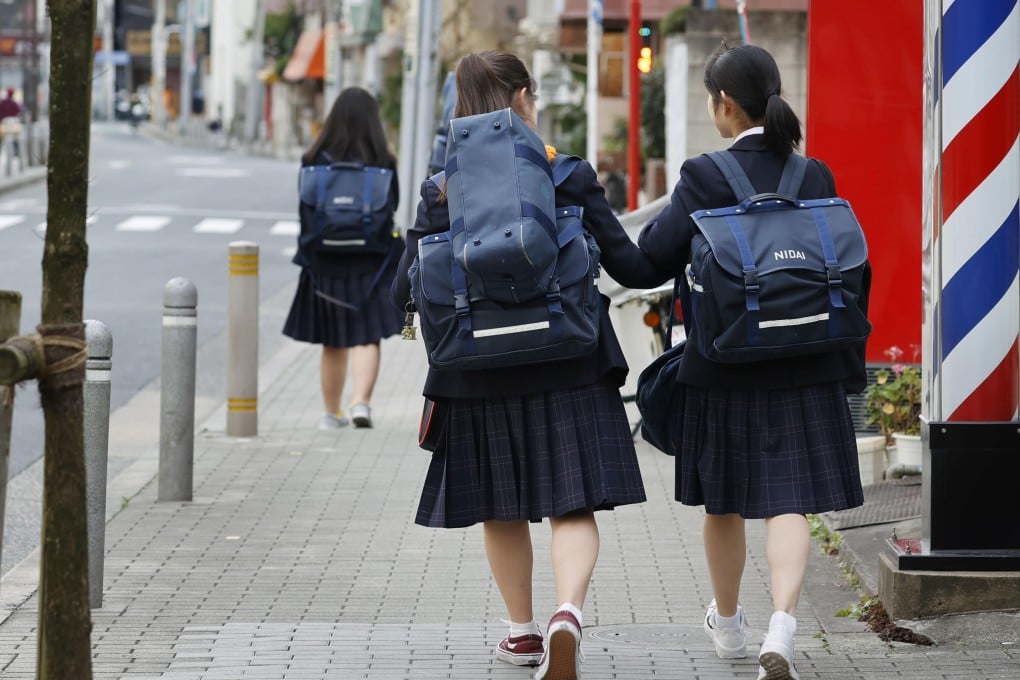Japan’s suicide rate is falling – except among its young people
- Suicides in Japan were down to 20,169 last year from more than 34,000 16 years before. Among under-20s, however, there was a year-on-year increase
- Bullying, failed relationships and the pressure to succeed have been given as reasons for the rise, with experts saying more needs to be done

A total of 20,169 people took their own lives in the country in 2019, according to statistics released by the National Police Agency on Tuesday, a decrease of 617 on the previous year and the lowest figure since the police began compiling nationwide figures annually in 1978.
Despite the decline in overall suicides, however, Japan still has a growing problem with young people taking their own lives.
Throughout 2019, 659 Japanese aged 20 or under died by their own hand, an increase of 60 on the year before. Theirs was also the only age group to see an increase – although analysts suggest Japan is not alone in this trend.

“Generally speaking, there is a relatively high number of juvenile suicides in most countries and that is something that has been blamed on young people going through a testing or difficult time in their lives and at a time when they are not sufficiently mature to handle a given situation,” said Yukio Saito, the former chair of the Japanese Association for Suicide Prevention.